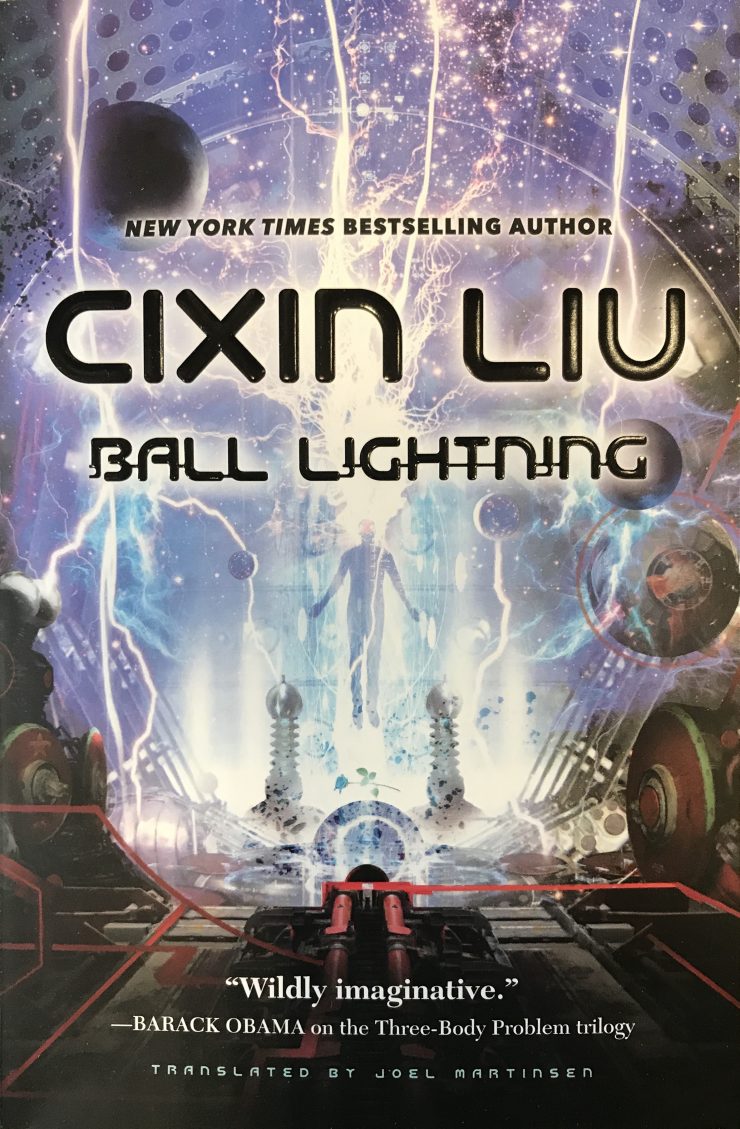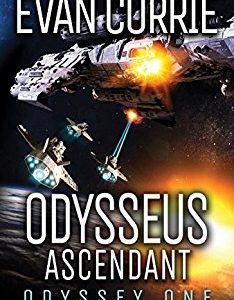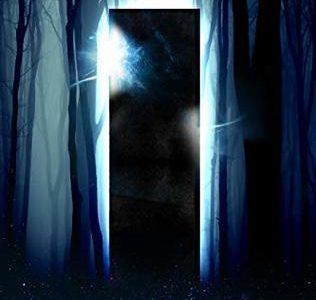Read this book if you
- Like a slow, but rewarding story of Chen and his persistence toward discovering the secret behind ball lightning
- Really enjoy that the mechanics behind the science fiction book can be plausible or are grounded in real-world physics
- Want to see an interesting treatment of quantum physics
Avoid this book if you
- Dislike slow pacing in a book
- Have a tendency to relate to characters, then Chen is a bit indifferent to everyone and everything around him save for ball lightning
Cixin Liu is also the author of Remembrance of Earth’s Past series of books, so Ball Lightning shares many similarities in terms of writing style.
Liu is an engineer by training, and you definitely get his attention to detail and thoroughness throughout the story.
While the pacing may be on the slow side, the payoff is well worth it for patient readers.
Liu crafts a story that is so seemingly plausible that I can’t help but wonder if the phenomenon and its consequences are actually real.
Plot
Chen witnesses the death of parents through a natural phenomenon known as ball lightning, and he spends the rest of his life in the relentless pursuit toward understanding this phenomenon.
Chen’s education and career are totally devoted to ball lightning. The military sees an opportunity to apply Chen’s research of ball lightning toward weaponry. However, Chen takes the job not out of duty, but out of pure scientific curiosity and the desire to continue with his research.
Characters
While there are many supporting characters, the main narrator is someone referred to only as Chen.
Setting
The story takes place in China. The story takes place during the mid-twentieth century, seemingly soon after the second world war.
Ball Lightning Review
It’s not every day you get to read a book that has such attention to detail when it comes to the science of a phenomenon.
But Liu manages to imbue Chen with a sense of authority that makes the story a lot more realistic.
Lui wastes no time in giving Chen the motivation he needs in order to devote a lifetime of study toward ball lightning. Ball lightning vaporizes Chen’s parents, and this singular, defining moment causes Chen to spend the rest of his life wanting to master the phenomenon.
What readers will get from the story is the pacing. Since it starts with Chen as a child and progresses through his college studies and early career, the book can be sluggish at times.
I’m not sure what the purpose of knowing about Chen/s college days are except to establish him as a dedicated, dispassionate person.
Chen is also a very dull narrator. Outside of his dedication to research on ball lightning, he’s just an otherwise boring person. Maybe being boring allows readers to focus on the topic rather than the person.
But what’s interesting are the results of Chen’s study. The story goes into the quantum physics, exploring the idea of the observer effect. It’s also interesting to note that Chen’s professional career puts him in contact with people whose professional lives were stagnant because of the study of ball lightning.
But their failures never discouraged Chen. Instead, he learns from their mistakes.
Chen’s experiments with ball lightning and its military applications lead to some interesting consequences and to a fascinating discussion of the observer effect.
One question Chen struggles with is the impact of observation. Do electronic recordings affect the outcome of an experiment even if the recordings are never viewed? Chen’s experiments and the events of the story answer these questions and more.
Some of the more interesting events take place near the end of the story, and they raise some interesting questions about the fates of those affected by ball lightning.
On one visit to his childhood home, Chen sees evidence of some kind of activity. This strange activity appears in bits and pieces throughout the story. Perhaps there’s something more to the phenomenon that Chen and science don’t yet have the tools or vision to understand.
And all these strange occurrences lead him to a conclusion that makes us question the nature of reality.
Look past the slow pacing of the story. You’re not going to read about space battles or exotic aliens. However, your imagination will still be inspired by Chen’s experiments and results.
I’d highly recommend this book for readers of hard science fiction. Many science fiction writers avoid the technical or science aspect of science fiction. But Liu tackles a difficult subject head-on and makes it approachable to the average reader. And in the process, he’s able to raise intriguing possibilities.



